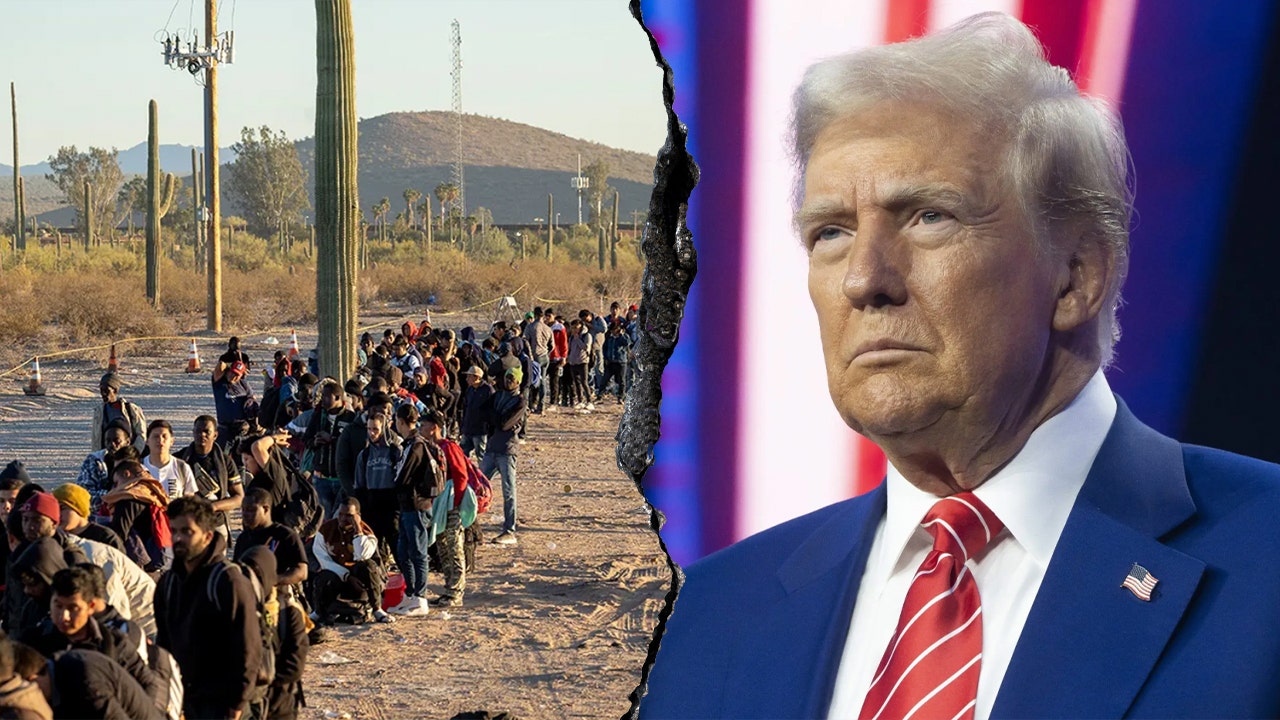What does due process look like for migrants facing deportation?

Lawyers representing Venezuelan men facing deportation have taken their case to the Supreme Court, arguing that the Trump administration is violating their due process rights by failing to provide proper notice. The Supreme Court had previously ruled in a separate case on April 7, allowing the administration to continue deportations under the 1798 Alien Enemies Act (AEA) as long as detainees received adequate notice.
Due process is a fundamental constitutional principle that ensures fairness in legal proceedings, including the right to proper notice and an opportunity to be heard in a timely manner. The Supreme Court cited previous cases emphasizing that aliens are entitled to due process under the Fifth Amendment in the context of removal proceedings.
Attorneys for the Venezuelan men argued that the notice provided to detainees was insufficient, as it was in English despite the majority of detainees speaking only Spanish. The notice also failed to inform individuals on how to contest their designation and removal under the AEA, or provide a clear timeline for doing so.
The plaintiffs contended that the notice given did not meet the Supreme Court’s directive from April 7, highlighting the urgency of the situation as detainees faced deportation to potentially life-threatening conditions without adequate time to seek judicial review.
The ACLU attorney leading the case criticized the government for providing only 12 hours of notice, calling it insufficient and potentially designed to evade scrutiny from other courts. The case is expected to continue moving through the legal system, with potential appeals and further review by the Supreme Court.
Experts note that due process procedures may vary across district courts, leading to different interpretations of what constitutes proper notice. Ultimately, the issue may return to the Supreme Court for further clarification on the requirements for due process in deportation cases.
In non-AEA cases, individuals facing removal may experience different procedures, as immigration proceedings are considered civil rather than criminal. This means that individuals do not have the same rights as in a criminal trial, such as the right to a public defender.
As the legal challenges continue, the fate of these Venezuelan men facing deportation remains uncertain. The outcome of the case could have broader implications for how due process is upheld in immigration proceedings.




